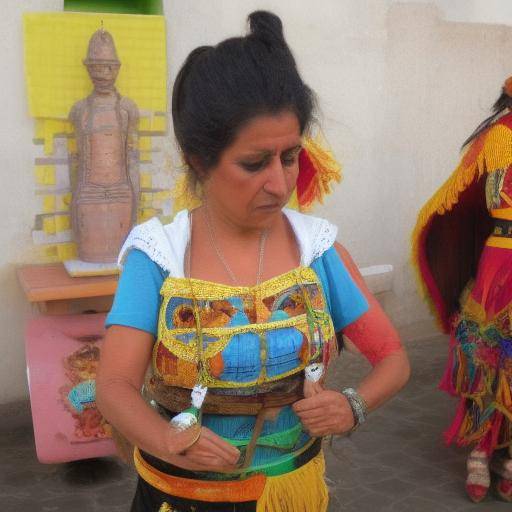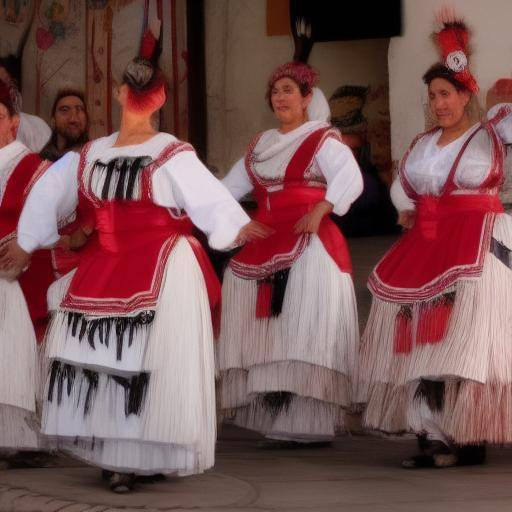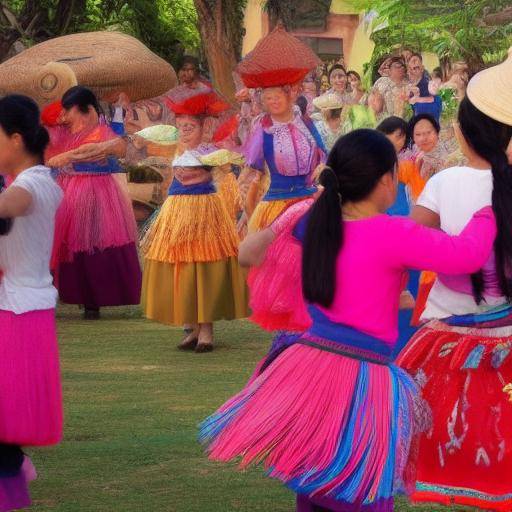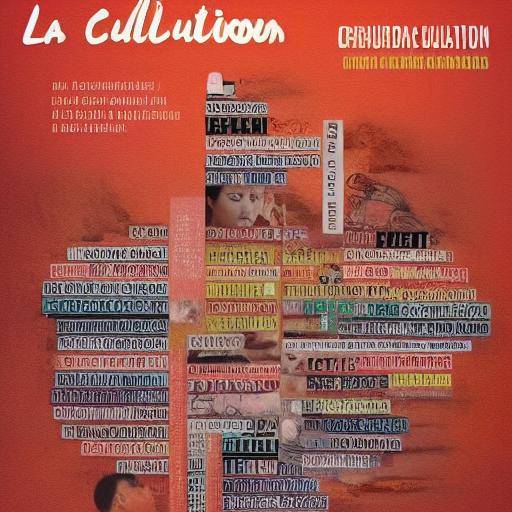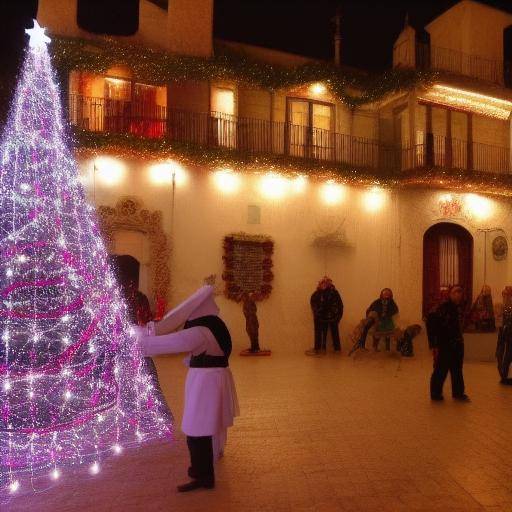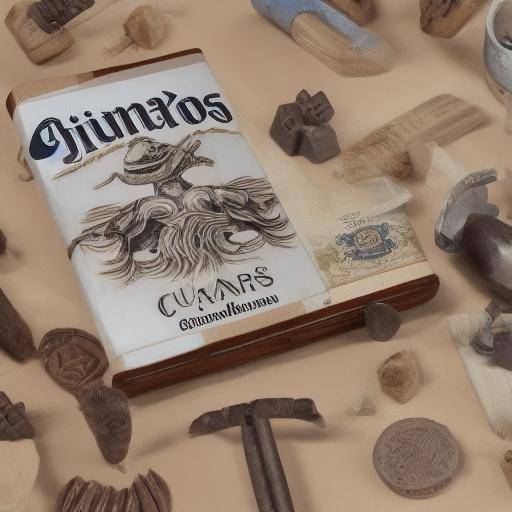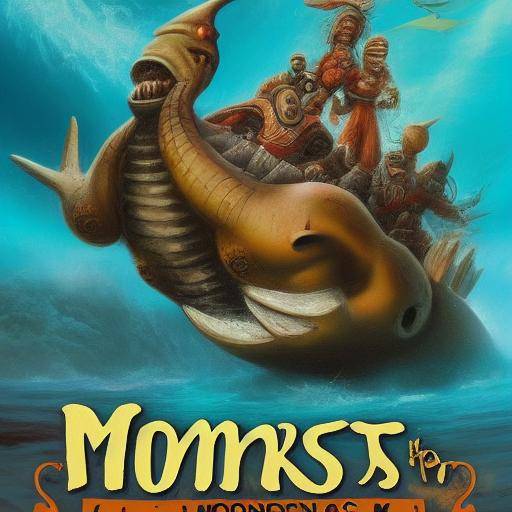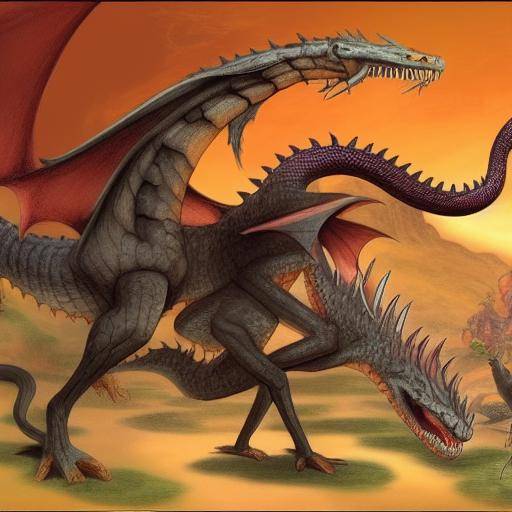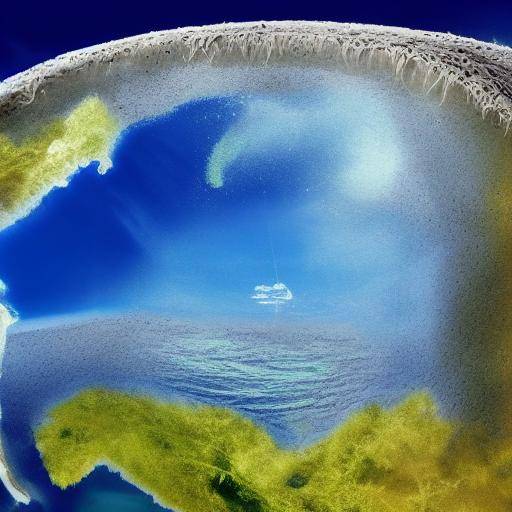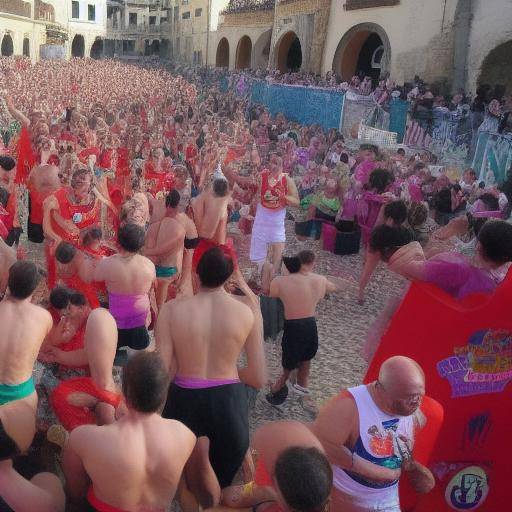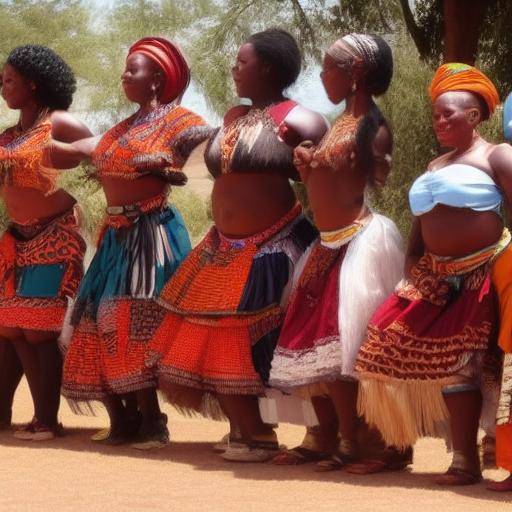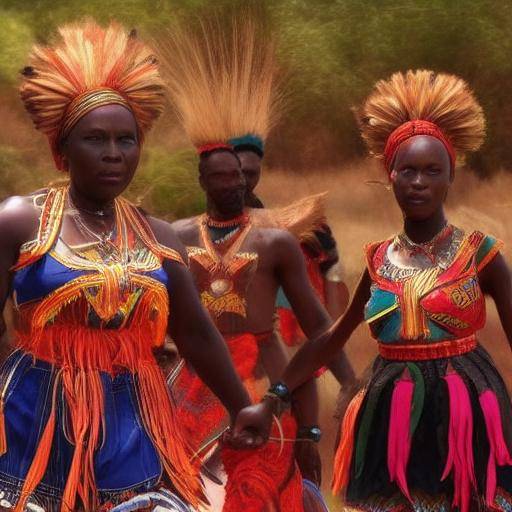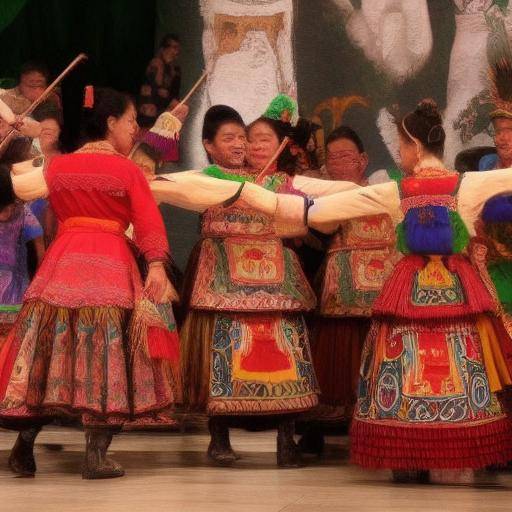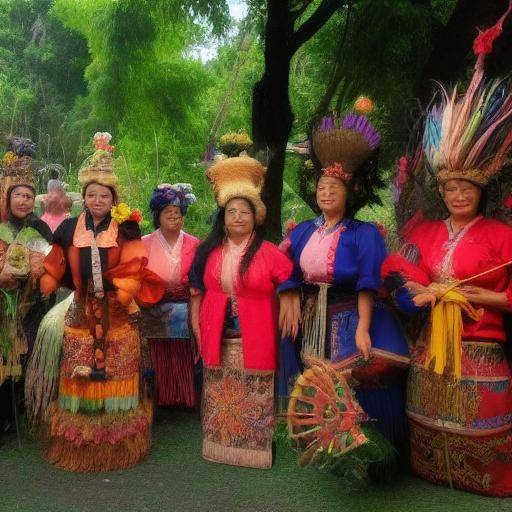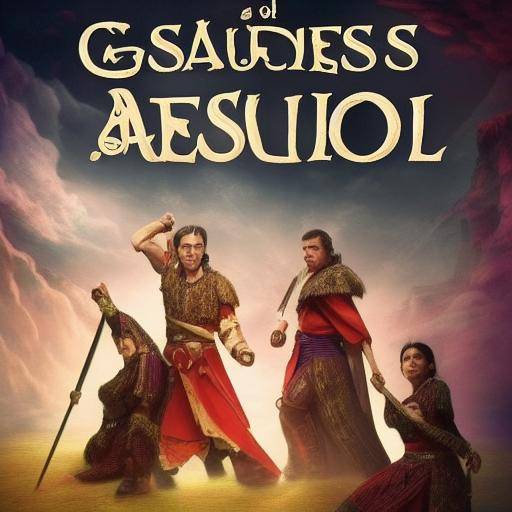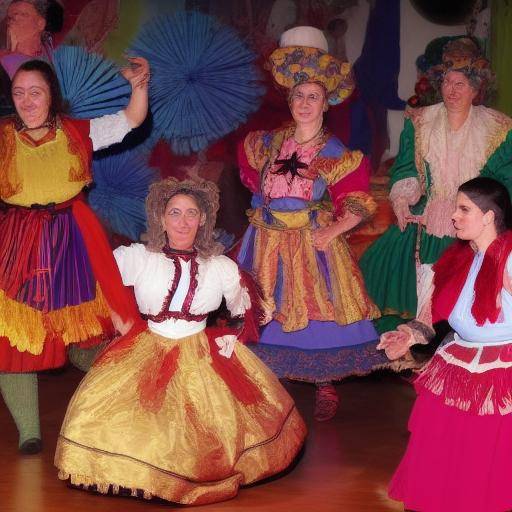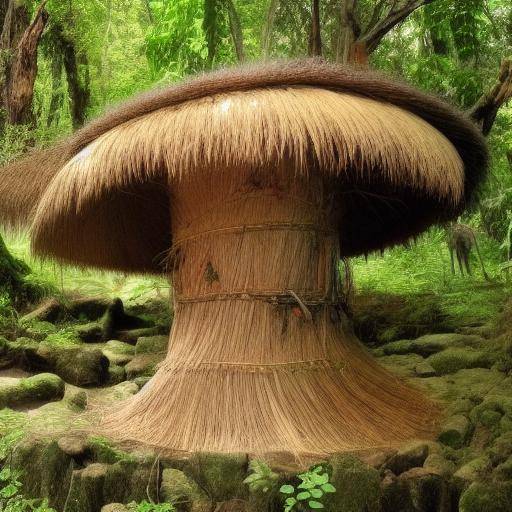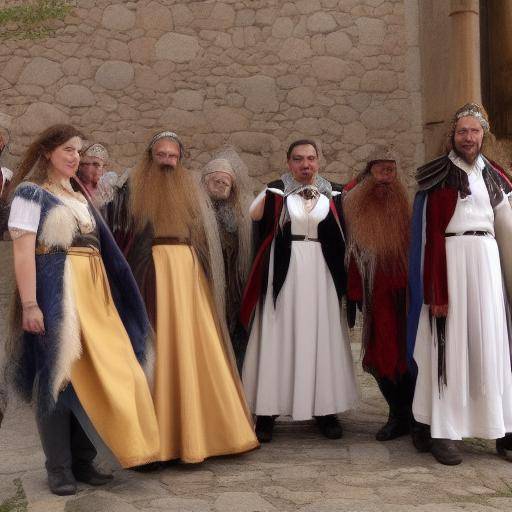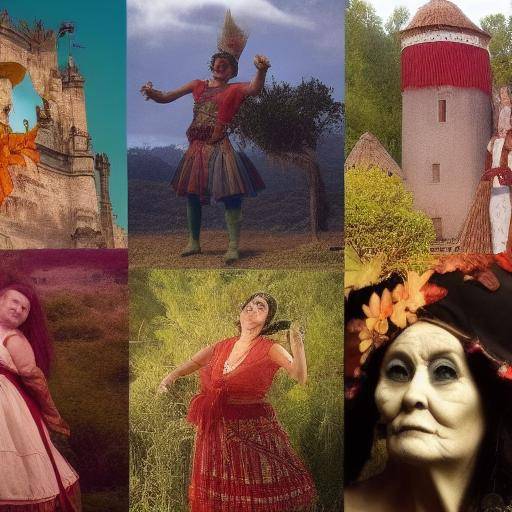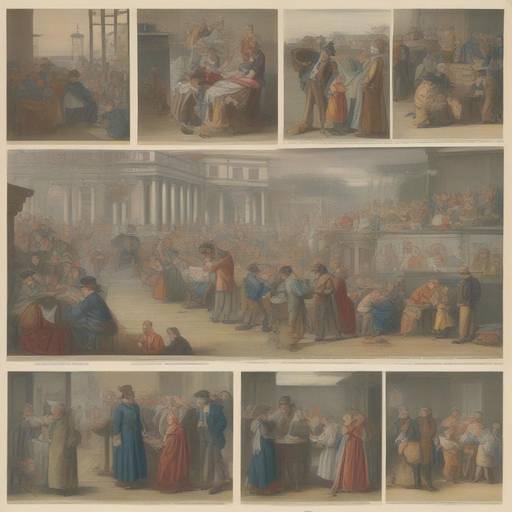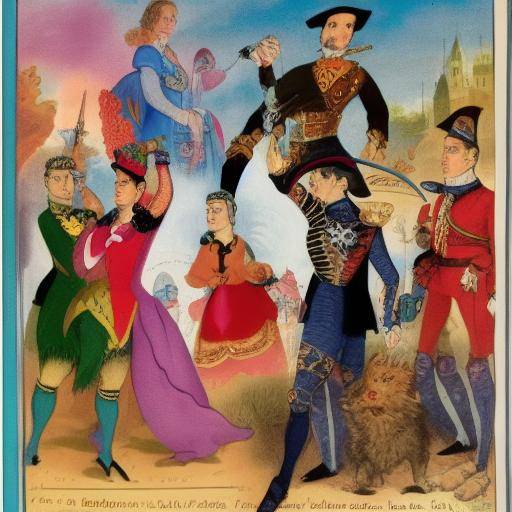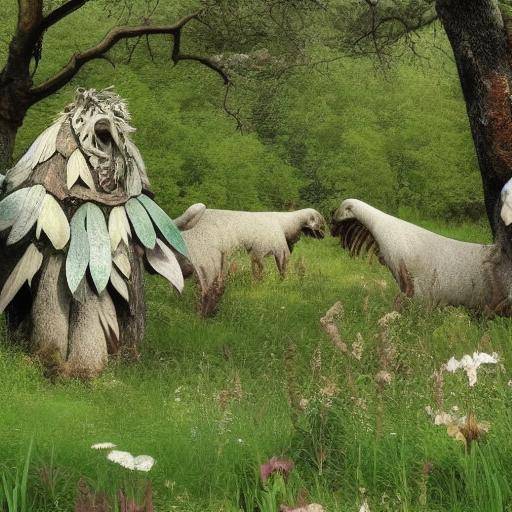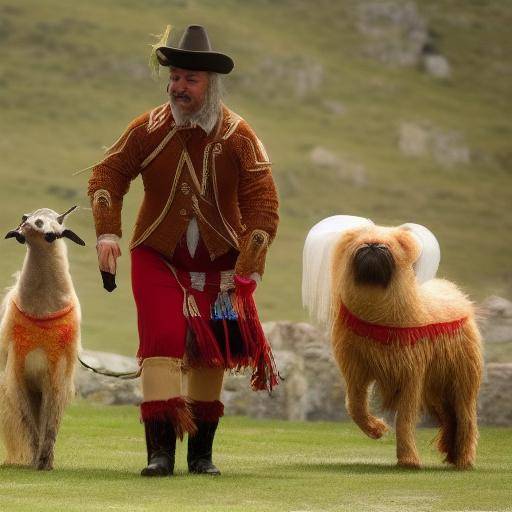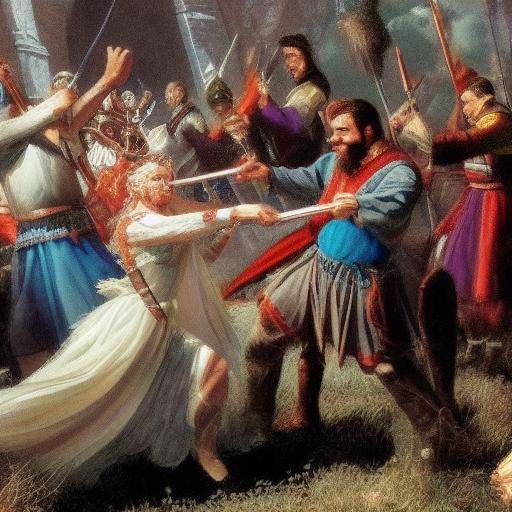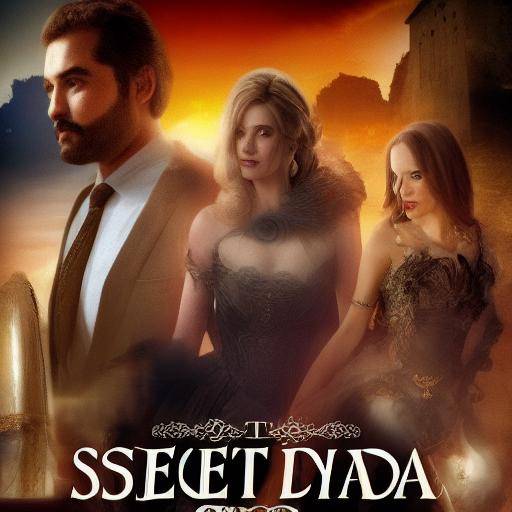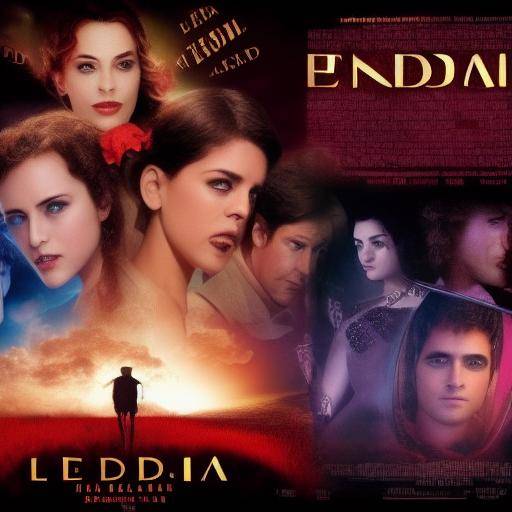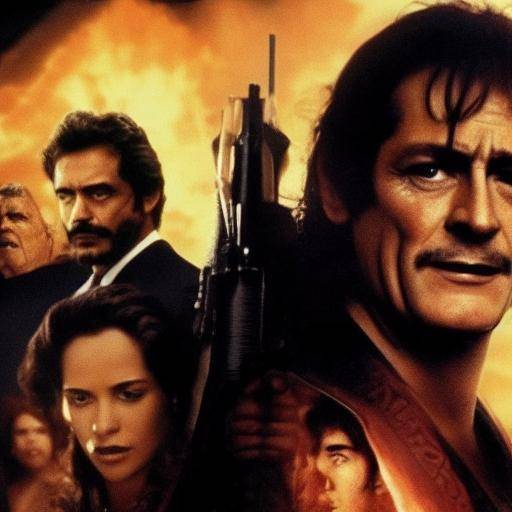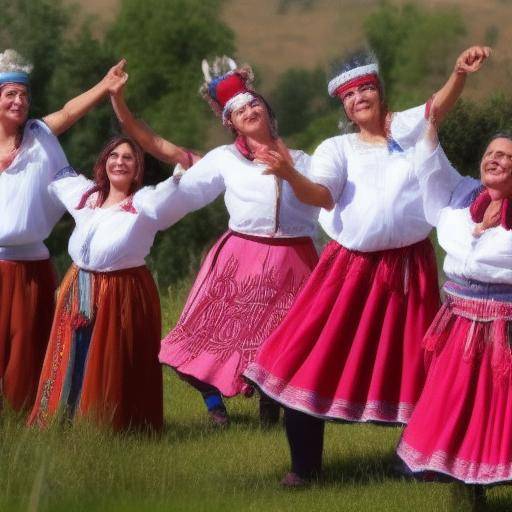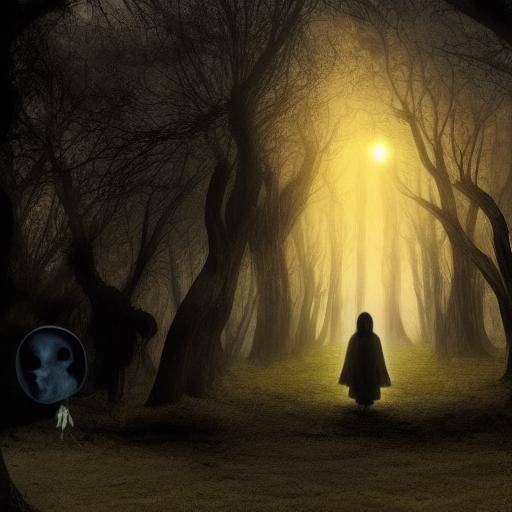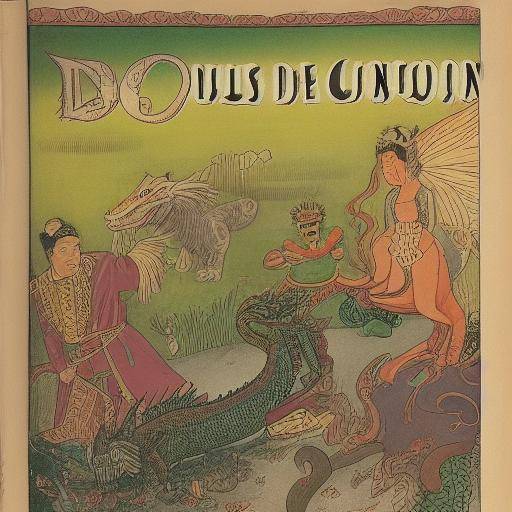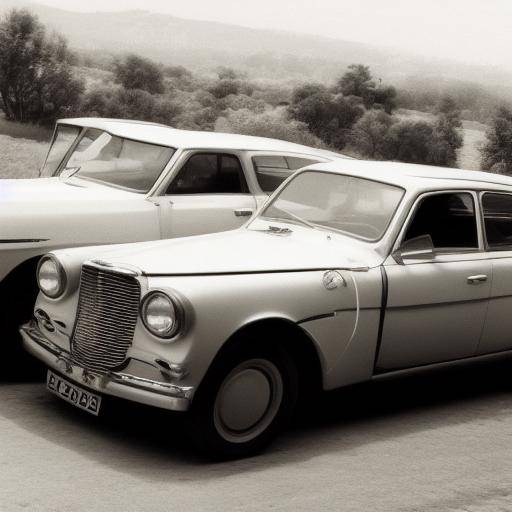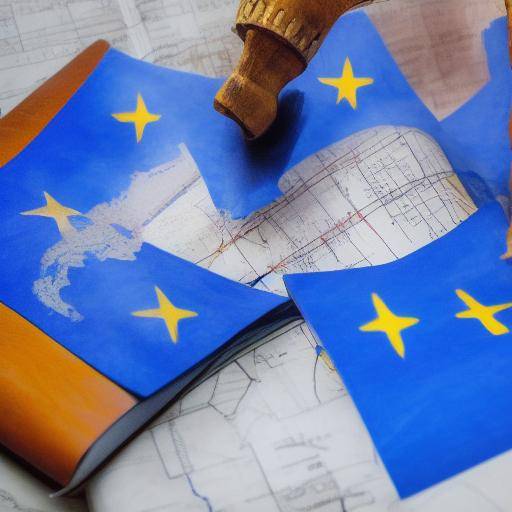
The European folklore is full of rich traditions and myths of creation that have endured over the centuries, transmitted from generation to generation through popular legends and stories. In this article, we will explore in depth the myths of creation in European folklore, from its historical origins to its influence on culture and modern society. We will discover the similarities and differences between the various creation myths, analyze their meaning and explore their current relevance. Join us on this fascinating journey through European legends!
Introduction
The myths of creation have played a fundamental role in the formation of the beliefs and cosmovisions of the various European cultures throughout history. These mythical narratives, loaded with symbolism and meaning, have provided European societies with a framework to understand the origin of the world, the nature of human existence and the role of supernatural gods and beings in the creation of the universe.
In this article, we will immerse ourselves in the rich and varied heritage of creation myths that form part of European folklore. We will explore the narratives of ancient Celtic, Germanic, Greek, Nordic and other cultures, unraveling the common elements and differences that reveal the cultural diversity of the European continent. We will also examine the influence of these myths in contemporary literature, art and popular culture, highlighting their lasting legacy in collective imagination.
Creation Myths: Origins and Evolution
The myths of creation in European folklore have their roots in the ancient traditions and beliefs of the diverse cultures that have populated the continent over millennia. In pre-industrial societies, these mythical accounts played a central role in the cosmovision of reality, providing explanations about the origin of the world, nature, life and death.
In Celtic mythology, for example, there are accounts of gods and goddesses that shaped the world through their divine prowes and conflicts. The Nordic saga, on the other hand, presents a cosmos populated by supernatural beings, giants and heroes who participated in the creation and destruction of worlds. These mythical narratives not only served to provide an explanatory framework of the universe, but also reflected the concerns, values and conceptions of the world of the societies that generated them.
With the arrival of Christianity and the subsequent diffusion of Greek-Roman culture, many of these ancient mythical traditions were intertwined with new religious and philosophical currents, influencing the way in which European societies conceived their origin and purpose in the world. The evolution of the myths of creation thus reflects the complexity and diversity of human experiences throughout European history.
Meaning and Current Relevance
Although the myths of European creation have emerged in a historical and cultural context very different from the current one, their influence persists in the way we conceive our relationship with the natural world, the mystery of the cosmos and our own identity. These mythical stories continue to exert a powerful appeal in literature, art, music and cinema, inspiring new interpretations and reinterpretations that continue to fascinate contemporary audiences.
In addition, the study of the myths of creation in European folklore gives us a unique opportunity to understand the cultural diversity of the continent, as well as the underlying connections between different traditions and cosmovisions. By exploring the similarities and differences between the myths of creation of different European cultures, we can appreciate the wealth and complexity of the continent's cultural heritage, as well as its relevance in today's globalized world.
In short, the myths of creation in European folklore represent not only an integral part of the cultural heritage of the continent, but also a lasting testimony of human capacity to imagine, interpret and give meaning to the mystery of existence. Throughout this article, we will immerse ourselves in the rich tapestry of European mythical traditions, exploring their evolution, meaning and lasting impact on our lives and contemporary society.
FAQs
1. What are some of the most known myths of creation in European folklore?
The most well-known myths of creation in European folklore include the history of creation in Greek mythology, the story of the tree of the world Yggdrasil in the Nordic mythology, and the legend of King Arthur and his connection with the mythical island of Avalon in the Celtic tradition, to mention just a few.
2. How have European creation myths influenced contemporary popular culture?
European myths of creation have exerted a significant influence on literature, cinema, music and other forms of artistic expression. Many of these stories have been adapted and reimagined in contemporary fiction works, which demonstrates their lasting relevance in collective imagination.
3. What is the importance of studying the myths of creation in European folklore?
The study of the myths of creation in European folklore not only gives us a deeper understanding of the cultural heritage of the continent, but also invites us to reflect on the fundamental questions that have intrigued humanity throughout history. These mythical accounts offer a unique vision of the beliefs, values and concerns of the societies that generated them.
4. What similarities and differences can we find among the myths of creation of different European cultures?
While every European culture has its own distinctive creation myths, it is possible to find thematic and structural similarities among many of these accounts. For example, the presence of creative deities, the emergence of a world from the primordial chaos and the notion of the cosmos as a dynamic reality are often recurrent elements in numerous European mythical traditions.
5. How have creation myths evolved over time in Europe?
The evolution of the myths of creation in Europe has been marked by external influences, such as the arrival of new religious and philosophical currents, as well as changes in socio-economic and political conditions. Many of these mythical narratives have been reinterpreted over the centuries to adapt to changing contexts, reflecting the ability to adapt and transform cultural traditions.
6. What is the current relevance of the myths of creation in European folklore?
Although the myths of creation in European folklore have their roots in the past, their current relevance lies in their ability to inspire artistic creativity, foster philosophical reflection and enrich our understanding of the cultural diversity of the continent. These ancient narratives remain an inexhaustible source of inspiration for contemporary writers, artists and thinkers.
Conclusion
The myths of creation in European folklore transport us to a world of wonders and mysteries, where cosmic and divine forces intertwine to shape the universe and destiny of humanity. As we explore the rich mythical traditions of this continent, we can appreciate the depth of human creativity and the diversity of its cultural expressions over time. We trust that this article has shed light on the fascinating interconnectivity between the myths of creation, European folklore and legends, and that it has inspired them to immerse themselves even more in this rich heritage of mythical narratives that have endured through the centuries.
Thank you for accompanying us on this journey through the myths of creation in European folklore!
It recalls that these mythical accounts not only reflect the creativity and imagination of European cultures, but also invite us to reflect on the profound philosophical and existential issues that have preoccupied humanity throughout history. Dive into the fascinating heritage of European myths of creation and discover the richness of human imagination throughout the centuries!

